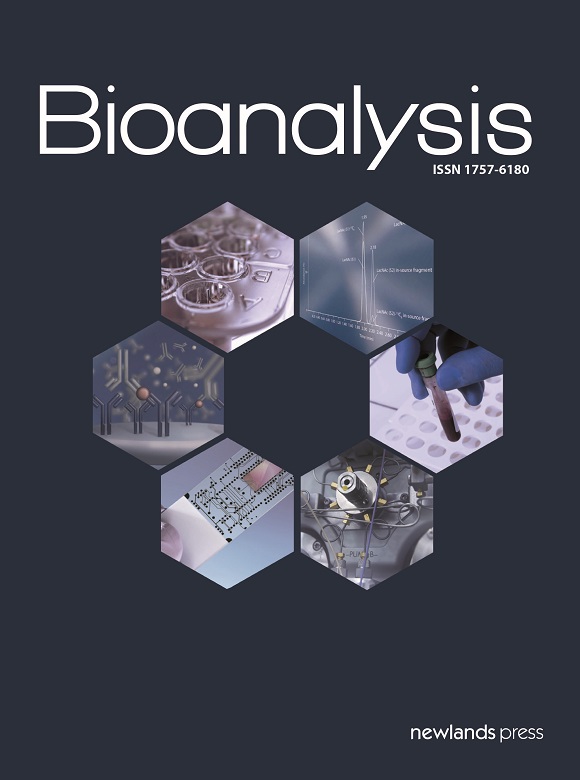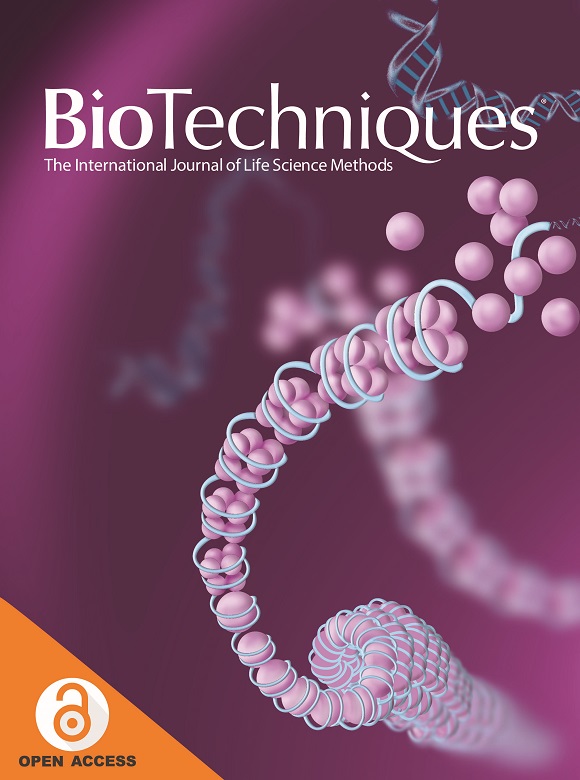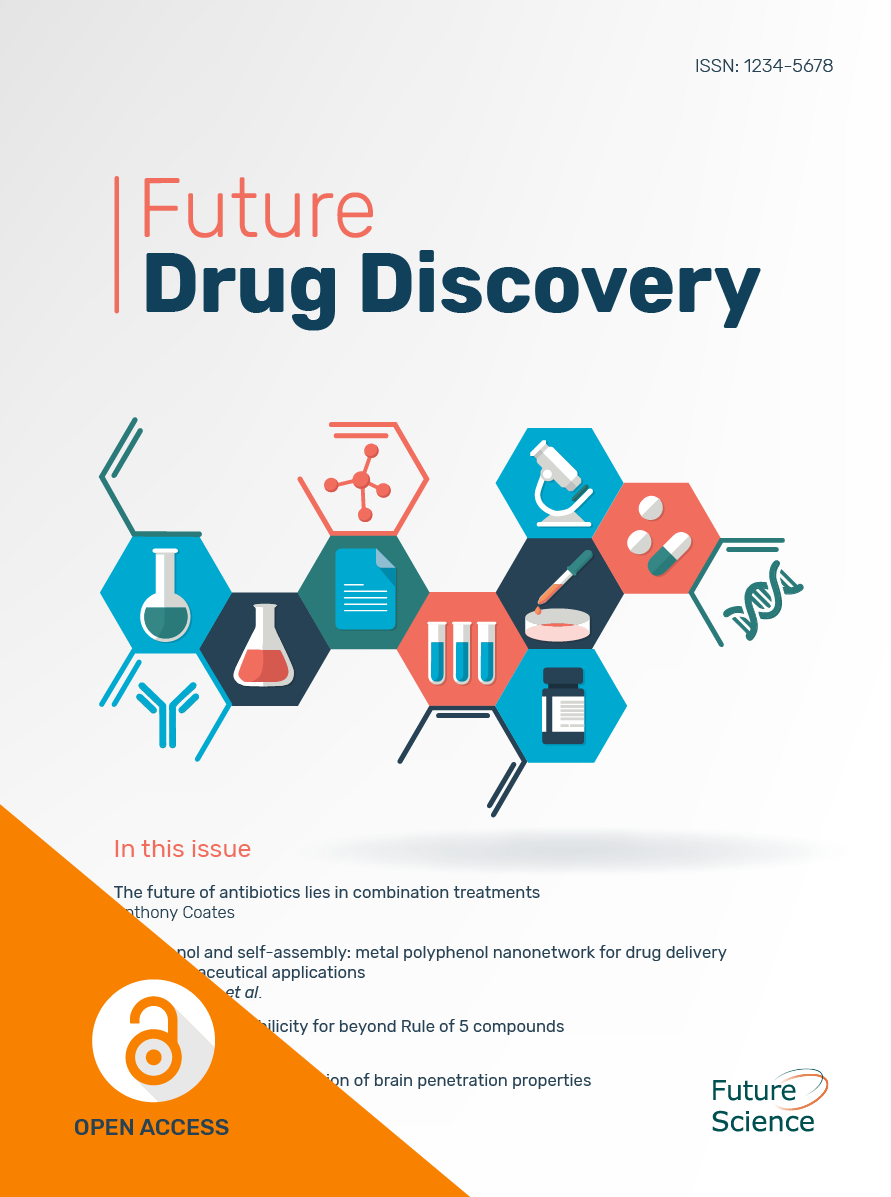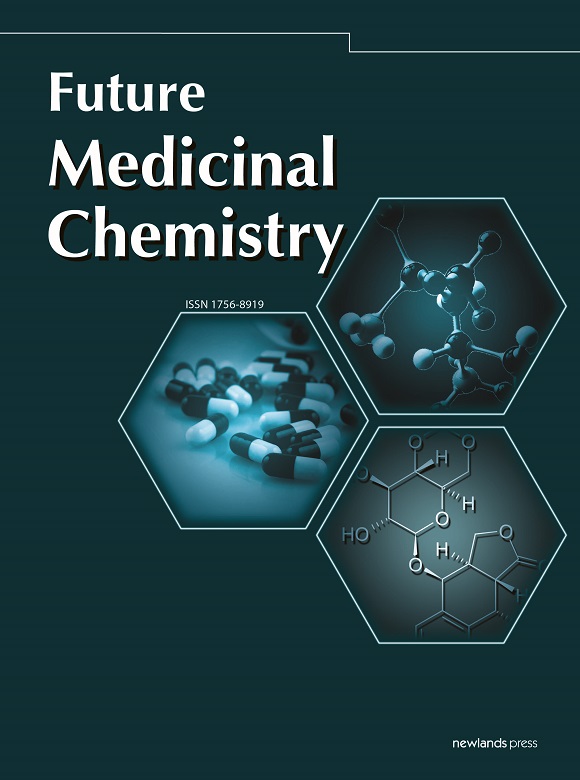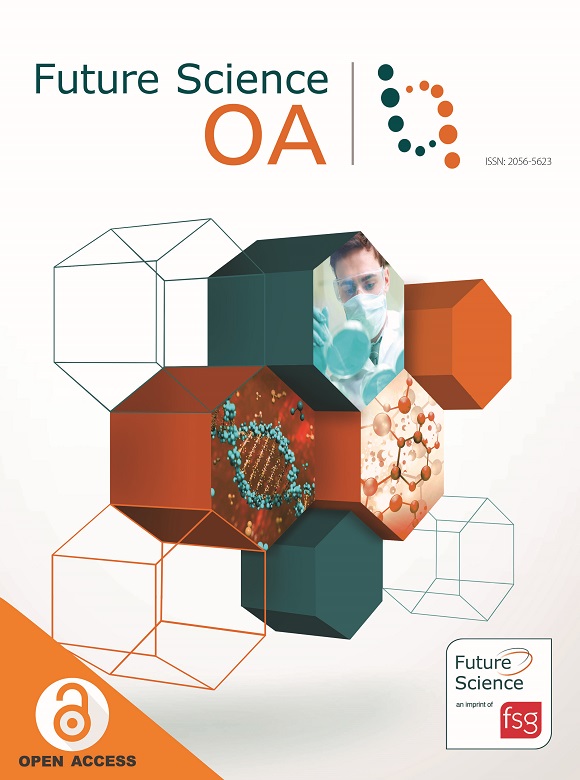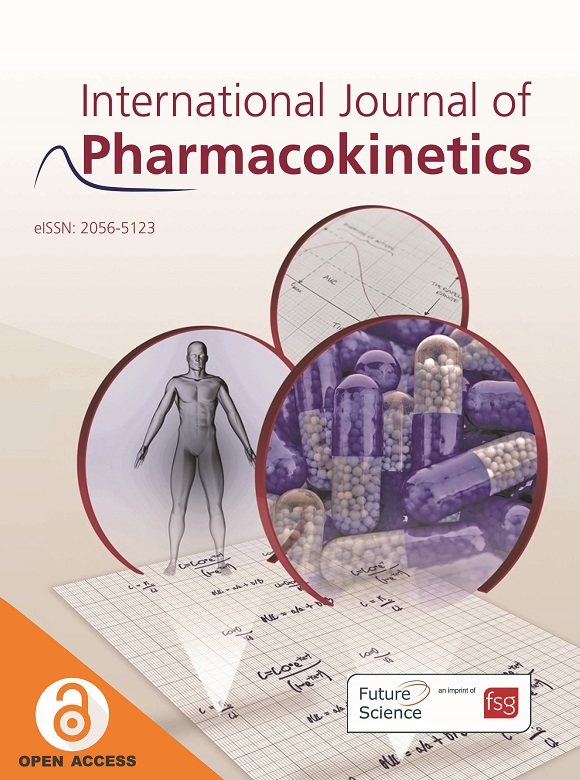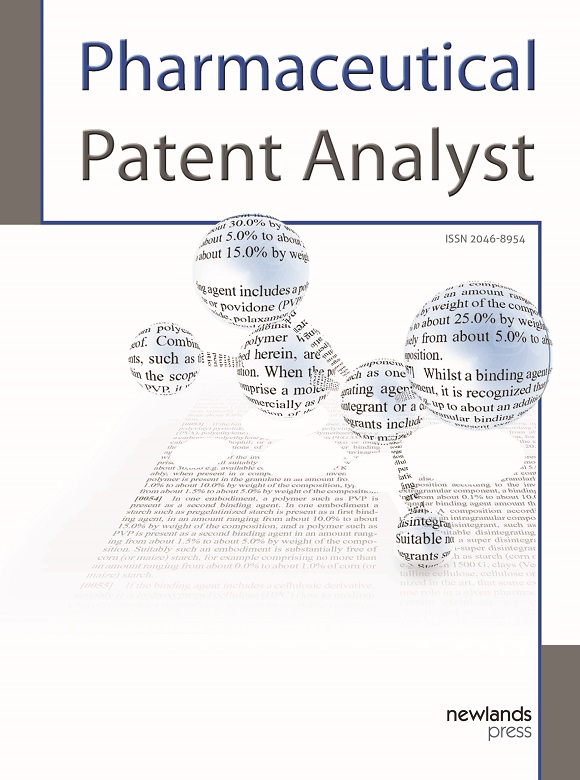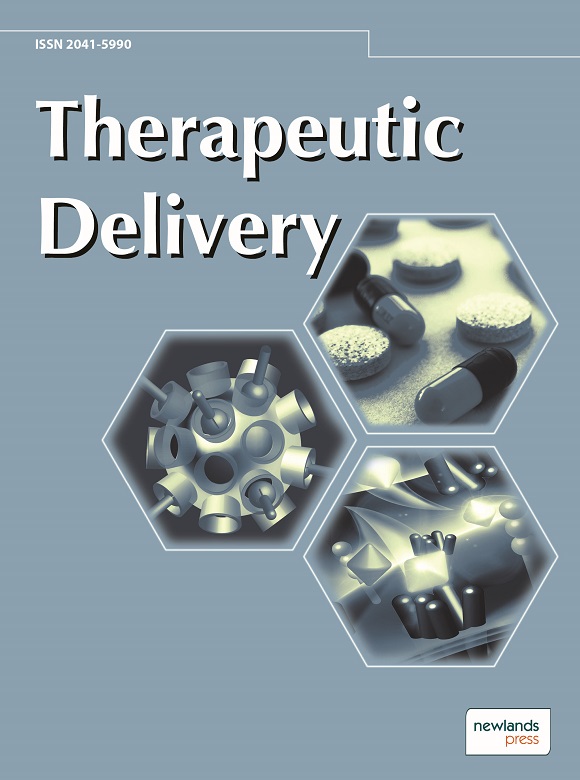Abstract
‘Pharmacogenetics or Pharmacogenomics’ (PG) is one of the most practiced cancer therapeutic strategies, tailored for individualized patients. Despite its popularity and rapid advancements in the field, many obstacles for cancer therapy PG still need to be overcome. By borrowing scientific systems from other disciplines such as cancer diagnosis, and therapeutic information from the diversity of tumor origins, categories and stages, cancer therapy PG may hopefully be improved. Furthermore, to quickly acquire genetic and pathologic information and seek therapeutic interventions, possible breakthroughs may come from beyond – changing the cancer therapeutic landscapes. The next generations of PG protocols and hospital routines for searching deadly cancer pathogenic pathways versus drug-targeting predictions are of great clinical significance for the future. Yet, progress of cancer therapy PG is entering into a bottleneck stage owing to simple model of relevant techniques and routines. Promoting or even innovating present PG modular is very necessary. This perspective highlights this issue by introducing new initiatives and ideas.
Papers of special note have been highlighted as: • of interest
References
- 1 . Cancer statistics. CA Cancer J. Clin. 65(1), 5–29 (2015).
- 2 Social aspects of cancer genesis. Cancer Ther. 8(1), 6–14 (2011).
- 3 . Pharmacogenetics–5 decades of therapeutic lessons from genetic diversity. Nat. Rev. Genet. 5(9), 669–676 (2004).
- 4 . Pharmacogenetics and pharmacogenomics of anticancer drugs. CA Cancer J. Clin. 59(1), 42–55 (2009).
- 5 . Cancer pharmacogenomics: current and future applications. Biochim. Biophys. Acta 1603(2), 99–111 (2003).• One of the earliest articles to introduce all possibilities of cancer-related genes of its time.
- 6 . Pharmacogenetics for individualized cancer chemotherapy. Pharmacol. Ther. 107(2), b155–b176 (2005).• Discusses cancer therapy.
- 7 . Chapter 13: individualized cancer chemotherapy. In: Hypotheses in Clinical Medicine. Shoja MM, Agutter PS, Tubbs RS Eds). Nova Science Publisher, USA, 199–216 (2013).• Introduces all prototypes of personalized cancer therapy for current and future applications.
- 8 . Personalized cancer therapy: a perspective. Int. J. Pharm. Pract. Drug Res. 4(2), 108–118 (2014).
- 9 . Individualized cancer therapy. Innovations Pharm. Pharmacother. 2(4), 458–469 (2014).
- 10 . Personalized Cancer Chemotherapy: An Effective Way of Enhancing the Outcomes in Clinics. Lu DY (Ed.). Woodhead Publishing, Elsevier, UK (2014).• Latest ideas of personalized cancer therapy.
- 11 Epigenetic perspectives on cancer chemotherapy response. Pharmacogenomics 15(5), 699–715 (2014).
- 12 . Cancer metastasis: building a framework. Cell 127, 679–695 (2006).
- 13 . The biology of cancer metastasis: historical perspective. Cancer Res. 70(14), 5649–5669 (2010).
- 14 . Cancer metastases and clinical therapies. Cell Dev. Biol. 1(4), e110 (2012).
- 15 . Tumor metastasis: molecular insights and evolving paradigms. Cell 147(2), 275–292 (2011).• Important article to introduce tumor metastasis and possible interventions.
- 16 . Cancer metastases treatments. Curr. Drug Ther. 8(1), 24–29 (2013).
- 17 . Cancer Stem Cells. Farrar WL (Ed.). Cambridge University Press, NY, USA (2011).
- 18 . Challenges and limitations of targeting cancer stem cells and/or the tumour microenvironment. Drug Ther. Studies 2(1), e10 (2012).
- 19 Dynamic interactions between cancer stem cells and their stromal partners. Curr. Patholobiol. Rep. 2(1), 41–52 (2014).
- 20 . A perspective on cancer cell metastasis. Science 331(6024), 1559–1564 (2011).• Important article to interpret both cancer metastasis and cancer stem cells.
- 21 . Cancer stem cells in solid tumours: accumulating evidence and unresolved questions. Nat. Rev. Cancer 8(10), 755–768 (2008).
- 22 . Cancer stem cells: impact, heterogeneity, and uncertainty. Cancer Cell 21(3), 283–296 (2012).
- 23 . Hallmarks of cancer, the next generation. Cell 144(5), 646–674 (2011).
- 24 . Interactions among clonal subpopulations affect stability of the metastatic phenotype in polyclonal population of B16 melanoma cells. Proc. Natl Acad. Sci. USA 78(10), 6226–6230 (1981).
- 25 . Cancer drug discovery by repurposing: teaching new tricks to old dogs. Trends Pharmacol. Sci. 34(9), 507–517 (2013).
- 26 Analyses of anticancer drugs by capillary electrophoresis: a review. Biomed. Chromatogr. 27, 1296–1311 (2013).
- 27 . Pharmacogenomics steps forward personalized medicine. Per. Med. 2(4), 325–337 (2005).
- 28 . Pharmacogenetics of cancer chemotherapy. Biochim. Biophys. Acta 1766, 168–183 (2006).
- 29 . Toward individualized treatment: prediction of anticancer drug disposition and toxicity with pharmacogenetics. Anticancer Drug 18, 111–126 (2007).• Analyses the relationship between single nucleotide polymorphisms and different race and ethnic groups.
- 30 . Gastric cancer pharmacogenetics: progress or old tripe? Pharmacogenomics 14(9), 1053–1064 (2013).
- 31 Personalized medicine in oncology: where have we come from and where are we going? Pharmacogenomics 14(8), 931–939 (2013).
- 32 . Why personalized medicine will fall if we stay the course. Per. Med. 9(8), 839–847 (2012).
- 33 . Germline pharmacogenetics of paclitaxel for cancer treatment. Pharmacogenomics 14(9), 1065–1084 (2013).
- 34 Genome-wide association and pharmacological profiling of 29 anticancer agents using lymphoid cell lines. Pharmacogenomics 15(2), 137–146 (2014).
- 35 . The genetic polymorphisms of intercellular cell adhesion molecules and breast cancer susceptibility: a meta-analysis. Mol. Biol. Rep. 40(2), 1855–1860 (2013).
- 36 . DNA repair and cytotoxic drugs: the potential role of RAD51 in clinical outcome of non-small-cell lung cancer patients. Pharmacogenomics 14(6), 689–700 (2013).
- 37 . Individualized cancer chemotherapy by detecting cancer biomarkers. Metabolomics 2(5), e121 (2012).
- 38 . Cancer bioinformatics, its impacts on cancer therapy. Metabolomics 5(2), e133 (2015).
- 39 . Pharmacogenomics in early-phase clinical development. Pharmacogenomics 14(9), 1085–1097 (2013).
- 40 . Has the revolution arrived. Nature 464(7289), 674–675 (2010).
- 41 . Multiple personal genomes await. Nature 464(7289), 676–677 (2010).
- 42 . Initial impact of the sequencing of the human genome. Nature 470(7333), 187–197 (2011).
- 43 . Lessons from next-generation sequencing analysis in hematological malignancies. Blood Cancer J. 3, e127 (2013).
- 44 . Combination chemical agents with biological means in cancer therapy. Res. Rev. BioSci. 7(4), 153–155 (2013).
- 45 . Drug combinations in cancer treatment. Clinical Experimental Pharmacol. 3(4), 134 (2013).
- 46 . Cost–effectiveness considerations of individualized cancer chemotherapy. Adv. Pharmacoepidemiol. Drug Saf. 2(5), e121 (2013).
- 47 . Cost-effectiveness of the 70-gene signature versus St. Gallen guidelines and Adjuvant Online for early breast cancer. Eur. J. Cancer 46(8), 1382–1391 (2010).
- 48 . Can and should value-based pricing be applied to molecular diagnostics. Per. Med. 10(1), 61–72 (2013).
- 49 . Antimetastatic activities and mechanisms of bisdioxopiperazine compounds. Anti-Cancer Agent Med. Chem. 10(7), 564–570 (2010).
- 50 . Development of antimetastatic drugs by targeting tumor sialic acids. Sci. Pharm. 80(3), 497–508 (2012).
- 51 . 50 years of preclinical anticancer drug screening: empirical to target-driven approaches. Clin. Cancer Res. 11(3), 971–981 (2005).
- 52 . Murine models to evaluate novel and conventional therapeutic strategies for cancer. Am. J. Pathol. 170(3), 793–804 (2007).
- 53 . An overview of enhancing the international competitiveness for drug researches, development and manufactures in China. Chin. Med. Biotechnol. 4(6), 465–467 (2009).
- 54 . Animal models of disease: preclinical animal models of cancer and their applications and utility in drug discovery. Biochem. Pharmacol. 87(2), 150–161 (2014).
- 55 . Anticancer drug development, a matter of money or a matter of idea? Metabolomics 5(2), e134 (2015).

